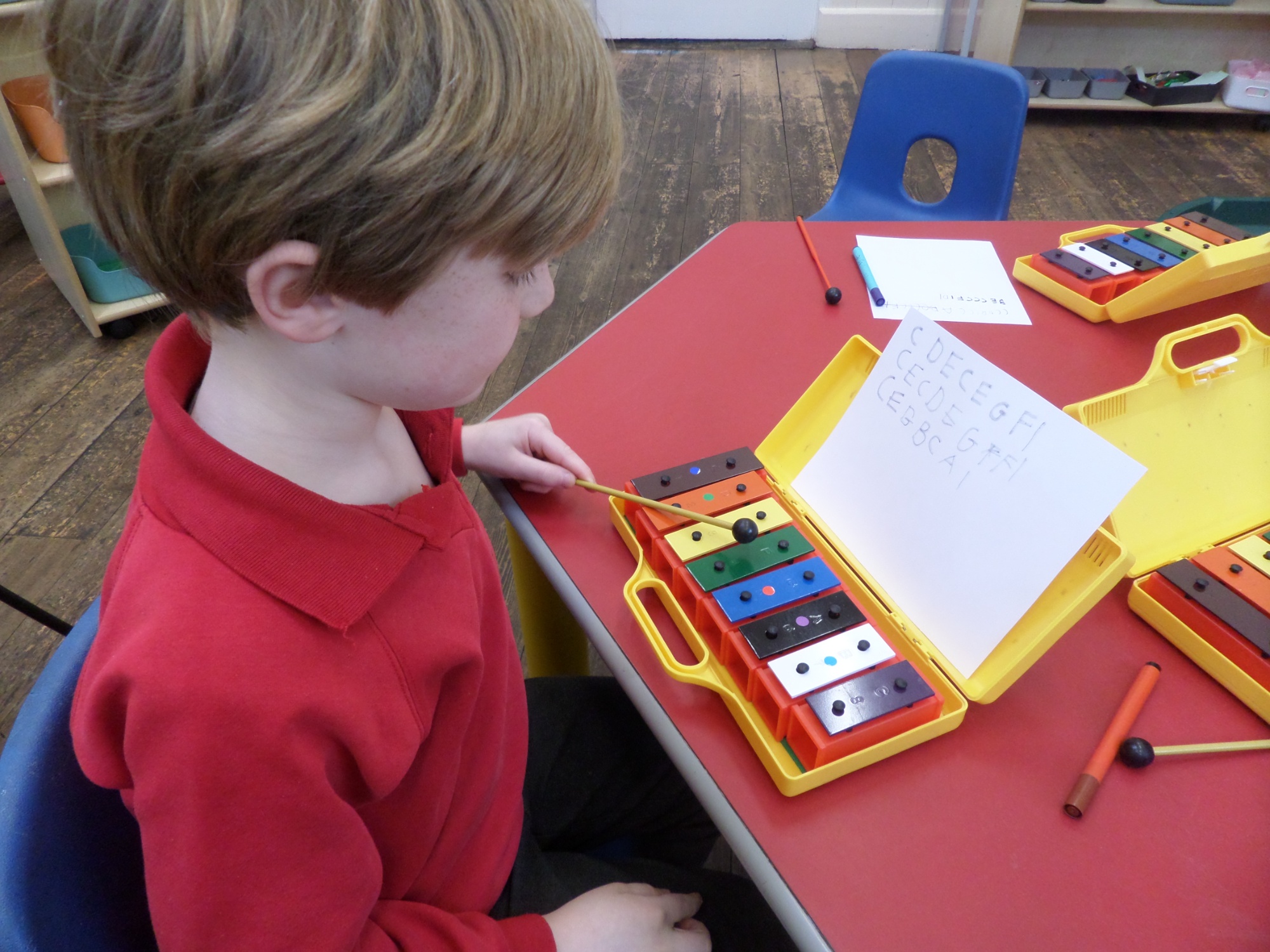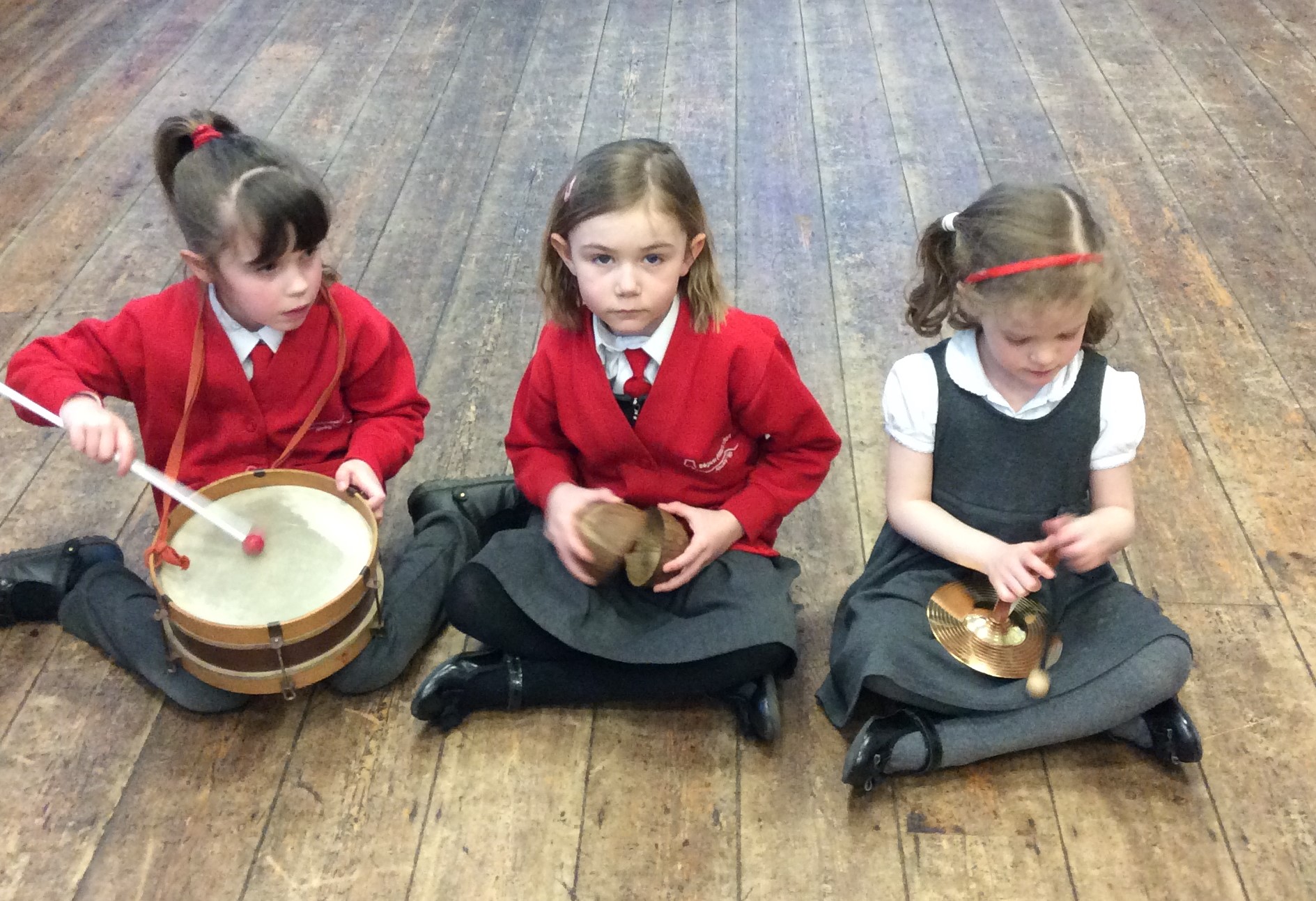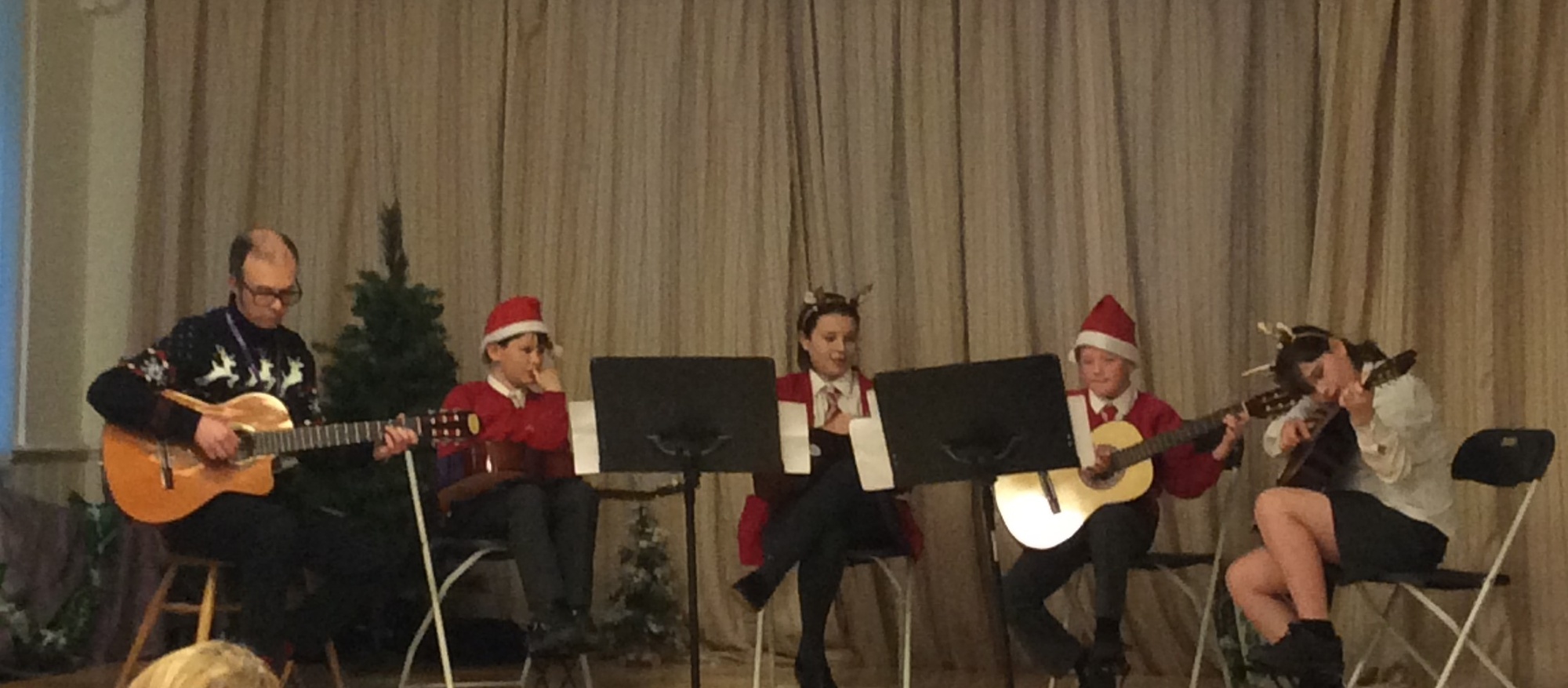Music
The intent of the Inkpen Primary Music curriculum is first and foremost to help children to feel that they are musicians and to develop a life-long love of music. We focus on developing the skills, knowledge and understanding that children need in order to become confident performers, composers and listeners. Our curriculum introduces children to music from all around the world and across generations, teaching children to respect and appreciate the music of all traditions and communities.
Children will develop the musical skills of singing, playing tuned and untuned instruments, improvising and composing music as well as listening and responding to music. They will develop an understanding of the history and cultural context of the music that they listen to and learn how music can be written down. Through music, our curriculum helps children develop transferable skills such as team-working, leadership, creative thinking, problem-solving, decision-making and presentation and performance skills. These skills are vital to children’s development as learners and have a wider application in their general lives outside and beyond school.
We use a variety of teaching and learning styles within music lessons, developing their knowledge, skills and understanding. Our Curriculum maps and Progression of knowledge and skills documents show what is covered by each unit as well as the strands within them. The knowledge and skills documents show the skills taught and how they will be linked to year-on-year development and end of key stage achievement.
The Inkpen Curriculum for Music is taken from the Charanga schemes of work. We incorporate the Model Music Scheme into our class units to ensure the children meet all aspects of the National Curriculum for music. The curriculum is designed for all and the tasks are adapted to ensure that all can access the concepts and skills.
We achieve this by:
- Setting tasks which are open-ended and have a range of possible outcomes.
- Setting tasks that develop specific skills for children who have existing knowledge and experience, whilst allowing those who are earlier in the progression to make similar developmental progress.
- Providing a range of musical resources including instruments, prompts and support to enable all children to not only access but achieve the curriculum objectives.
Music is taught explicitly as a subject, through lessons that might be sequential or blocked throughout the year. Teachers use the Charanga scheme and other resources to plan for their class groups. These plans show:
- Learning statements that demonstrate progression of skills through the unit
- Key questions or ideas, particularly in listening and appreciation tasks
- Practical work with instruments
- The expected success criteria for the learning tasks.
We build and develop the following essential skills required for children to become musicians:
- Singing – a wide range of songs from different times and places, sung in tune with increasing range of dynamics, alone and with others including pieces for performance.
- Notation skills – learning how both rhythm and notes are recorded using a range of physical and written techniques, leading to the use of stave notation for reading music by the end of KS2.
- Composition – through working with others and developing good team-working skills, we work on composing music from specific stimuli that supports our learning in other areas such as Geography, Science or English. We develop a range of recording techniques from drawings to formal notation.
- Listening and appreciating – we spend time within class and whole school sessions listening to a wide range of music from different times and cultures, discussing facts about the period or the composer to how the music conveys ideas, feelings or skills. We recognise that musical appreciation is a personal matter and that we don’t always agree about what that means.
- Performance – through our learning, particularly in singing and composing, we create performances for other classes, parents and the wider community. We are able to communicate, through music, our knowledge of stories. We learn specific performance skills such as facing the audience, clarity of diction and tuning as well as part-singing.
- These strands contribute to the learning of the history of music and the effect it has had on individuals and communities throughout history.
Performances take place in KS1 and KS2 demonstrating the children’s singing and acting skills. Class assemblies, Carol Services, local church services and community events also demonstrate a range of musical skills, particularly singing.
The school hosts instrumental lessons via the music hub and a School Choir which is open to all. Instrumental lessons can be provided to children in receipt of Pupil Premium in discussion with the school.



